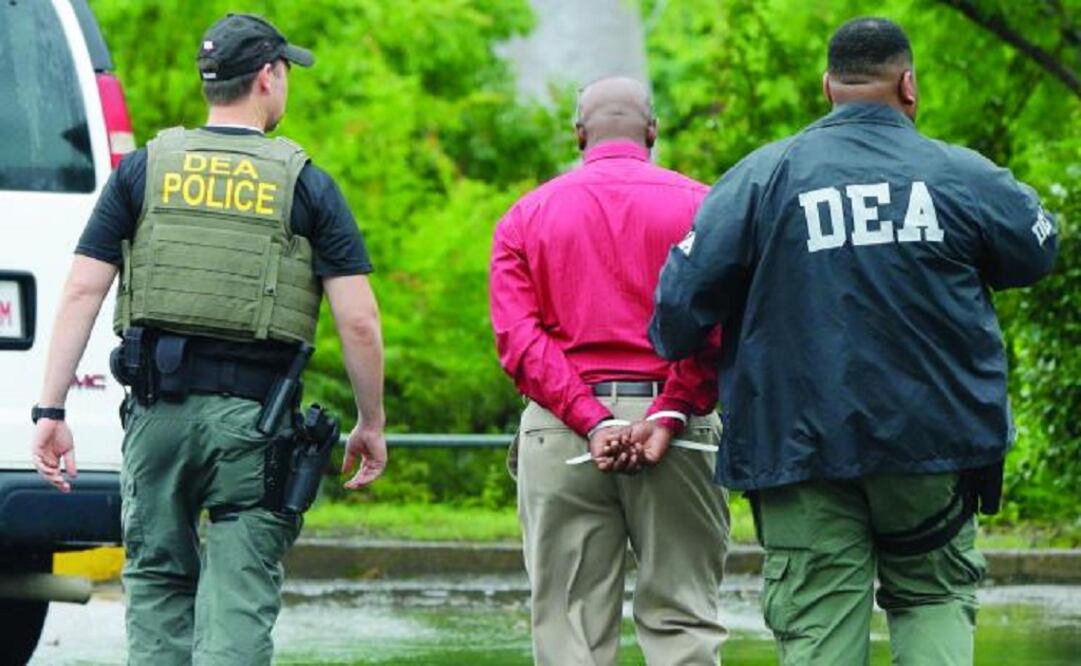Más Información

Entre protestas, reforma de 40 horas “light” avanza en comisiones del Senado; iniciativa no contempla dos días de descanso

Frívolo, hablar una semana de salón de belleza del Senado, considera senadora; Andrea Chávez y Cynthia López niegan haberlo impulsado

Corte elimina requisito de cinco años para acreditar concubinato en pensiones del ISSSTE; Batres advierte “riesgo presupuestal”

Hackeo al SAT, IMSS y Morena filtra datos de más de 36 millones de mexicanos; expertos advierten fallas estructurales en ciberseguridad

Hija de Rosario Robles arremete contra Julio Scherer por su nuevo libro; participó junto a AMLO y Gertz en "venganza política" hacia su madre

Elementos de la Marina y un motociclista resultan lesionados tras accidente vial en Rinconada Granjas Coapa; ninguno fue hospitalizado
After an 18-month investigation of the U.S. Congress, the Departments of Justice and Homeland Security changed their policies and practices about the use of confidential sources in order to prevent them from continuing their criminal activities and have greater control over the federal agents that use them, according to information obtained by EL UNIVERSAL.
In January 2014, EL UNIVERSAL reported that U.S. officials negotiated with members of the drug cartels, especially high-level leaders, without the knowledge of the government of Mexico, which contributed to increase violence in the country by allowing them to continue with their criminal activities in exchange for information about the activities of rival groups.
According to the investigation conducted by the U.S. Congress in 2013, the last year for which information is available, U.S. law enforcement agencies used more than 16,000 protected witnesses as part of their criminal investigations.
It warned that even though informants can be critical to an investigation, without proper supervision problems that undermine the credibility of the informant's role in the investigation can emerge.
In February Lee J. Lofthus, Assistant Attorney General for Administration, said that the Drug Enforcement Administration (DEA) and the U.S. Marshals Service began to update their policies about the use of confidential sources in consultation with the Criminal Division.
Jim H. Crumpacker, the liason between the Government Accountability Office (GAO) and the Office of the Inspector General, reported that the U.S. Immigration and Customs Enforcement office (ICE) is updating its Manual of Informants dating from 2012, which now includes a section on the neglect of the illegal activities of informants.
The new rules establish that confidential sources can not carry out illegal activities such as drug sales, unless they have the explicit consent of the U.S. agents and as long as it contributes to the investigation.
Additionally, the activities of the agents will be monitored with the presence of supervisors that will carry out inspections at the headquarters and field offices. Also, there will be standardized forms covering all the policies included in the Guide for the Use of Confidential Informants in order to obtain the necessary information.
The gradual implementation of the new rules started last June and is expected to be concluded by January 2016.
This constitutes a shift in a decade-long policy. In the war on drug trafficking in Colombia, the use of protected witnesses was vital for authorities to obtain information leading to the arrest of drug lords such as Pablo Escobar Gaviria, leader of the Medellín cartel.
In Mexico the figure of “protected witness or collaborator” dates from 1996, but during the presidency of Felipe Calderón it was misused and some testified in processes started by U.S. agencies.
Noticias según tus intereses
[Publicidad]
[Publicidad]








